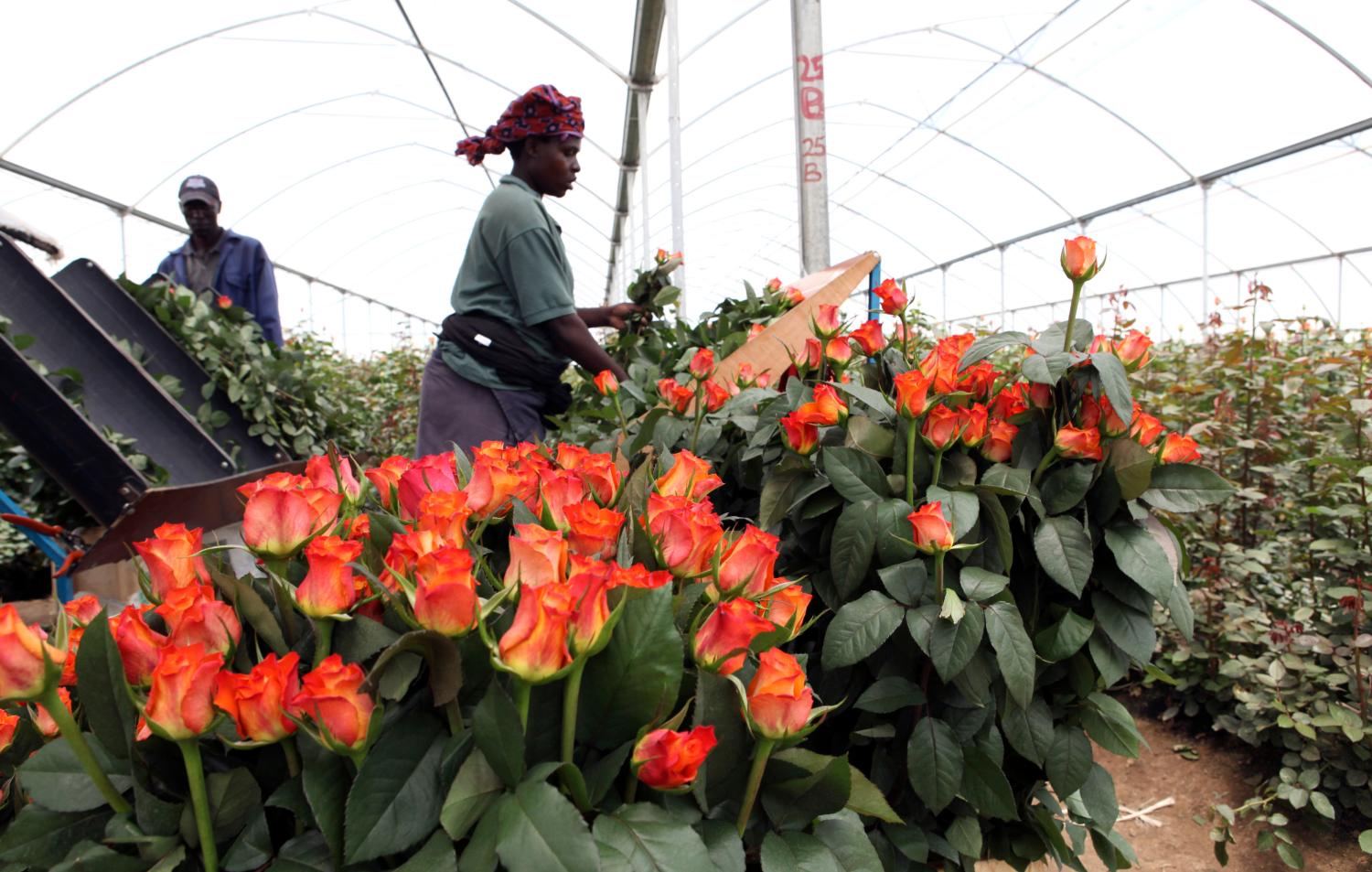In several African countries, employment growth has not followed the robust economic growth of recent years. A premature leveling-off of manufacturing and a weak structural transformation dynamic are confining African economies to low-productivity sectors and limiting the prospect of large-scale formal-sector job creation.
However, as documented by Newfarmer, Page, and Tarp (2018), there is emerging evidence that some industries—including tourism, agro-industry, horticulture, transport, and information technology-enabled services—are generating opportunities for job creation and more rapid structural transformation in Africa. These “industries without smokestacks” (IWOSS) present characteristics similar to manufacturing, such as being tradable, employing low and moderately skilled labor, having higher-than-average value added per worker, and exhibiting capacity for technological change and productivity growth.
In this paper, we assess the job creation potential of industries without smokestacks by estimating employment-to-output elasticities. The results indicate that IWOSS have an employment-to-output elasticity of 0.9, similar to that of manufacturing (0.8), but higher than the 0.6 estimated elasticity for the aggregate economy.
Taken at face value, these estimates suggest that there is great scope for IWOSS to be highly employment generating, and that policies supporting an environment conducive to their development could be effective at addressing Africa’s youth unemployment challenge.
The Brookings Institution is committed to quality, independence, and impact.
We are supported by a diverse array of funders. In line with our values and policies, each Brookings publication represents the sole views of its author(s).







